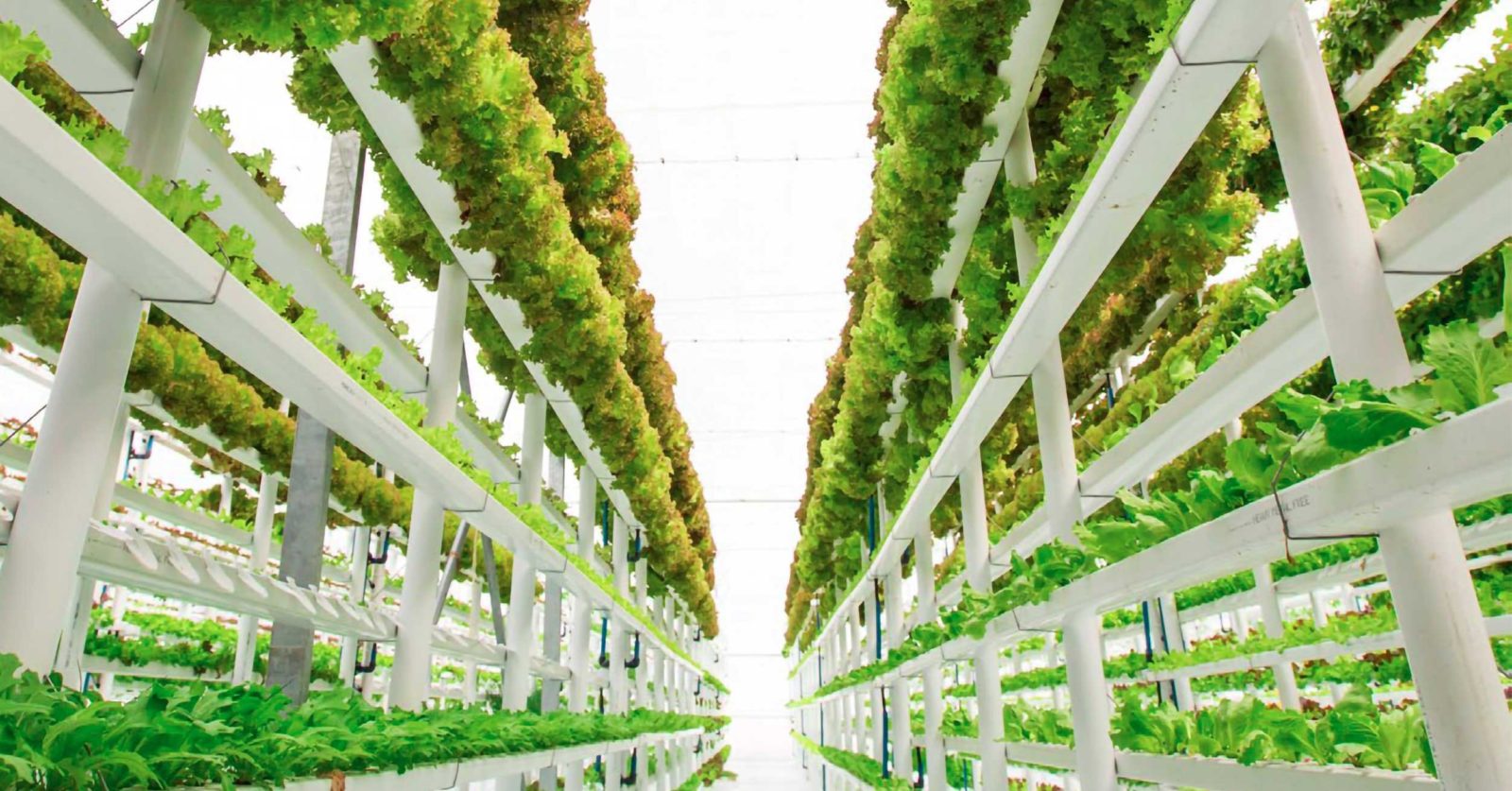Researchers at SMART, MIT's research enterprise in Singapore, and National University of Singapore (NUS) have developed a technology that greatly accelerates the genetic engineering of microbes that can be used to manufacture chemicals used for urban farming. The new technology will result in a faster, cheaper, more accurate, and near-scarless plasmid construction, using standard and reusable parts, that is compatible with most popular DNA assembly methods. Explained in a paper titled "A standard for near-scarless plasmid construction using reusable DNA parts," which will be published soon in the academic journal, Nature Communications, the project is part of the SMART Interdisciplinary Research Group (IRG) -- Disruptive & Sustainable Technologies for Agricultural Precision (DiSTAP). The IRG develops new technologies to enable Singapore, a city-state which is dependent upon imported food and produce, to improve their agriculture yield to reduce external dependencies.
Kang Zhou, a DiSTAP Principal Investigator who is also an assistant professor at the NUS Department of Chemical and Biomolecular Engineering (ChBE) and Xiaoqiang Ma, a postdoctoral associate at SMART, led the development of the technology while working on ways to support their colleagues who were working on enhancing vegetable yield in the country's urban farms. They were exploring ways on microbial fermentation which create fertilizers, nutrients and non-synthetic pesticides for urban farms, in the form of small molecules.
(Source: Agriculture and Food News, ScienceDaily. www.sciencedaily.com)




